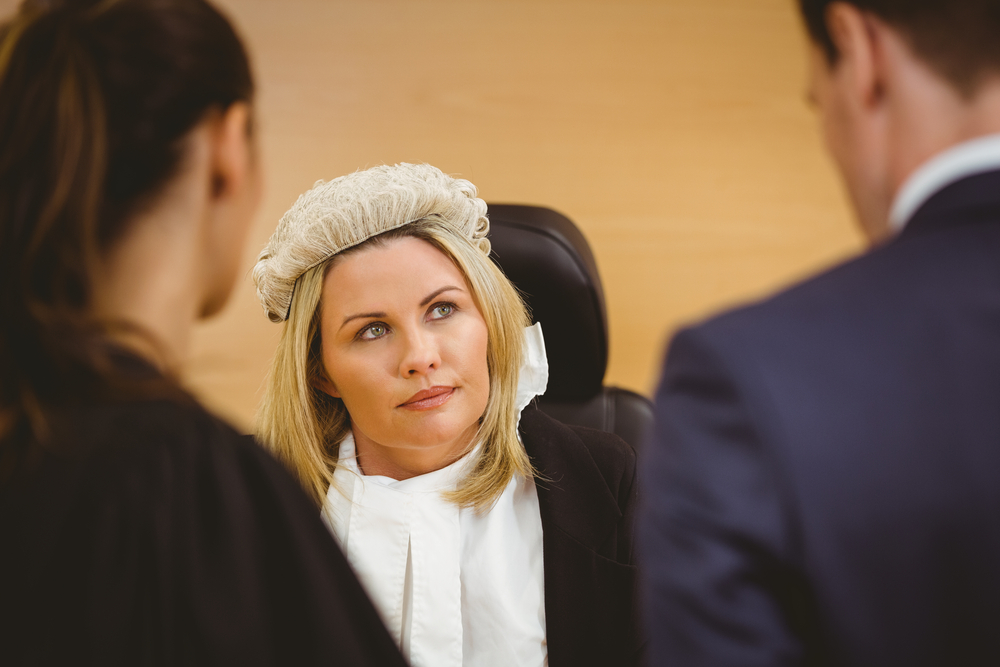As accountants, we have become accustomed to seeing situations where our clients combine their business and personal expenses. Our role is often (especially when we are doing the bookkeeping) to sift through these expenses and explain the duality of purpose to our clients.
So, what is duality of purpose? Simply explained duality of purpose is when an expense has both a business purpose and some private element too. In many situations, this can be a grey area and we normally apply the “wholly & exclusive” test before deciding.
The “wholly and exclusive” rule means that any expense must be primarily for business purposes. Any private use is just incidental.
For example, if your business requires you to travel abroad to secure contracts, all travel expenses are for the business. The fact that whilst you are conducting business you go out in the evenings to enjoy the sights well that’s just incidental.
But if you stay longer to enjoy the sights or take your partner along, this will change the whole situation. HM Revenue & Customs (HMRC) are likely to argue that there was intention for duality of purpose from the beginning. Our suggestion is always to seek advice if you are not sure.
Duality of purpose
There are certain situations when expenditure is made, it serves two different purposes.
If you are a sole trader, a typical example of an expense you may incur is using your car. You may use it to visit clients, customers, or suppliers. Additionally, you may also use the same car to go shopping or travel for leisure during the weekends.
So, what do you do with the day-to-day running expenses of the car such as petrol, car insurance, road tax etc? Clearly, there is duality of purpose.
In its internal manual, HMRC acknowledges that not all motor expenses are strictly for business purposes; however, this alone is not a sufficient reason to disallow their deduction. Instead, one can calculate the percentage of business use based on factors such as mileage.
For example, if you are doing 10,000 miles per year and by way of looking at your business diary you work out that you’ve done 3,000 business miles, 30% of all your motor expenses are allowable as a business expense.
However, you need to note two things here:
- Travel from home to normal workplace is never business. Have a look at what qualifies as business mileage
- You should always keep a note of your business miles each year and review your claim accordingly. If you have used the same rate year after year for the last decade but the travel pattern has changed you should recalculate.
The burden of proof always lies with you when it comes to claiming expenses. Keeping good quality records will help you do this.
Case law for the duality of purpose
Clothing serves a dual purpose, which makes it an interesting topic to discuss. However, it is worth noting that the leading case of Mallalieu v. Drummond, which pertains to clothing, is a 40-year-old case and suggests that not much has changed in this regard since then.
Ms Mallalieu, a barrister, argued that her sombre courtroom clothing was exclusively for business. She had said the dark clothes were not the type of clothes she would wear “everyday”. She preferred brighter colourful clothes.
But Ms Mallalieu’s case was rejected in court. The reason given was that the clothes she wore to court were also there to give her warmth and keep her decent. In other words there was a duality of purpose.
This particular case has been relied upon for years however five years ago there was another case. The case of G Daniels v. HMRC
Ms Daniels profession was that of an exotic dancer at a nightclub. Her argument was the same one, that outside of the club she would not wear her professional clothes. The judge ruled that Ms Daniels clothes were indeed exclusively for her work.
He said the clothes were not “everyday” clothing. They were custom-made and were “see-through” and “skimpy”. These were not the sort of clothes that would keep you warm and decent.
As you can see whilst there is an underlying principle of “warmth and decency”, it can be subjective. Who decides what is “everyday” clothes? It’s a grey area and that is the nature of expenses that have both business and personal use.
Conclusion and what next
You may already be wondering how on earth are you going to decide what expense is allowable and what is not allowable when there is a dual purpose.
The answer is you may find it difficult. We work on these issues day to day. We see the questions HMRC asks and we understand the case laws going through the courts.
If your expense such as the one we saw earlier for motor expenses can be split in a scientific computational way, then you will be okay. Keep your records and your calculations.
However, if it is a “grey” area then you should seek advice just to make sure.
If you are not sure what expenses to claim have a chat with our team. Call your normal manager at Myers Clark but if you are not yet working with us email Priya at priyar@myersclark.co.uk

